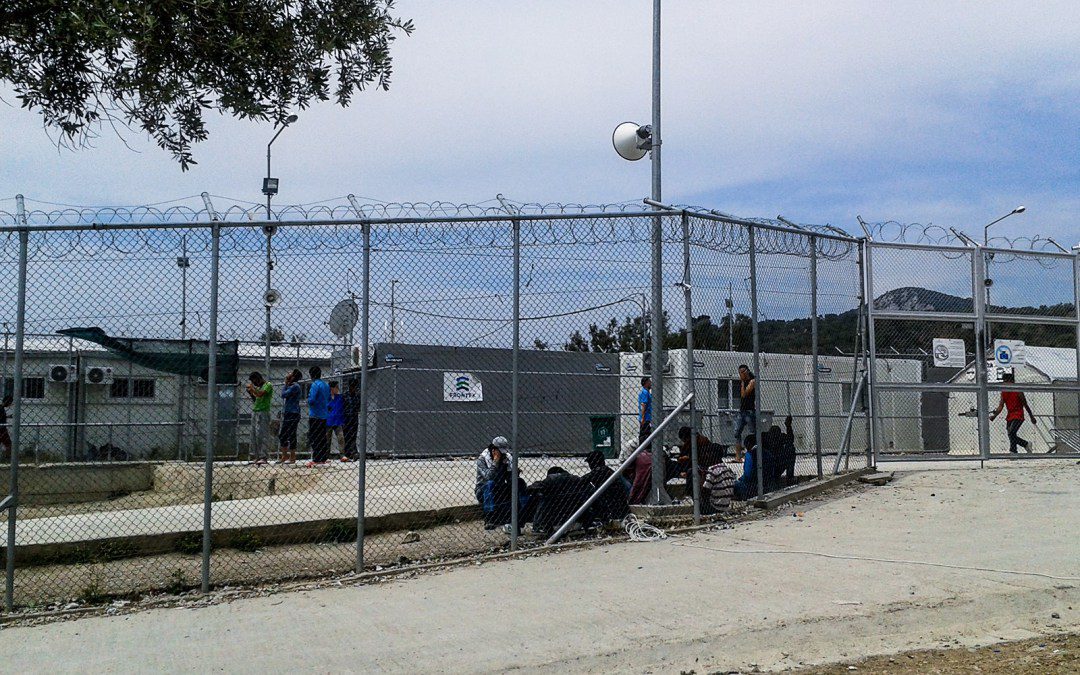The Dutch Council for Refugees in partnership with ECRE, the Italian Council for Refugees (CIR), the Greek Council for Refugees (GCR) and Pro Asyl, have published a series of updates on the situation in the hotspots in Italy and Greece, following its original study, produced in 2016.
The Italy update shows that the first of eight new hotspots announced by EASO are now established. 181.000 people including a large number of unaccompanied children have been moved to hotspots in Sicily and the overall number of people moved to hotspots have increased by 33% between January and April 2017, including a significant number of unaccompanied minors. A New law aiming at improving conditions of unaccompanied minors; including a ban on border rejections and returns, establishing a list of legal guardians and extending health care was approved in March 2017.
The Greek update establishes that arrivals remain comparatively low at 4900 people by April 2017. The assessment of vulnerabilities remains inadequate, reception conditions are still far below acceptable standards, serious concerns remain on the provision for winter care, and the use of administrative detention has increased.
According to the Joint Action Plan on the on the implementation of the EU-Turkey Statement, detention capacity on the islands is set to be increased. To this end a pre-removal detention facility was established on the island of Kos in February 2017.
“Despite the larger influx of people and remaining issues of concern in Italy, the hotspots are to some extend functioning as they were originally meant to – as identification and temporary hosting facilities. In Greece however, people are stranded in highly problematic conditions and with no real perspective. The hotspot approach seems to become a model for handling refugees in Europe and it is extremely important to monitor developments closely to address problems and protect the rights of refugees,” Lenny Reesink, Policy Officer for the Dutch Council for Refugees.
For further information:
- ECRE, ECCHR asks EU Ombudsman to inquiry into EASO’s role at Greek hotspots, May 5 2017
- ECRE, Weekly Editorial: Conditions in hotspots are chilling, April 28, 2017
Photo: (c) ECRE

